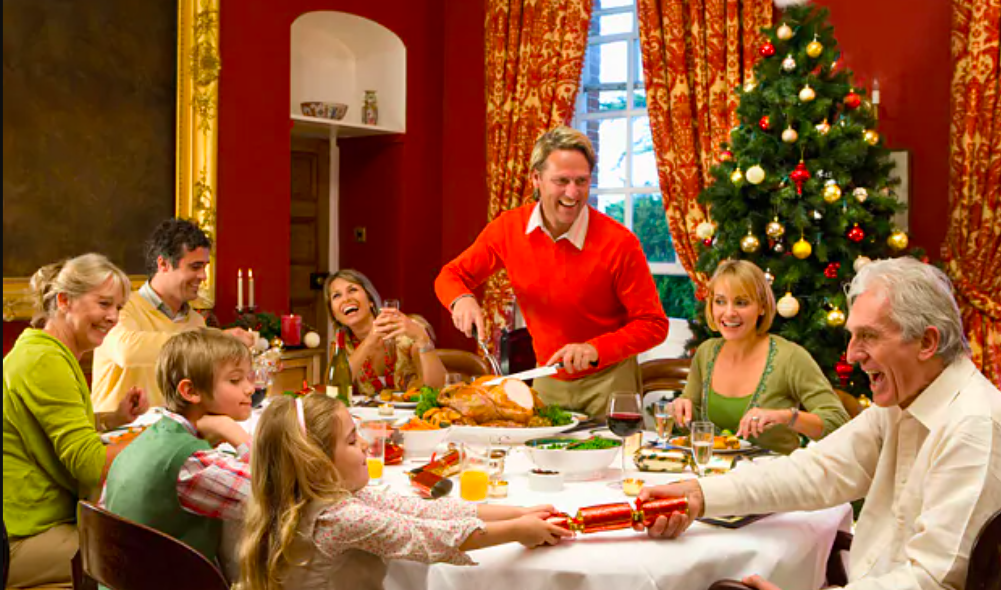Family Code: The Role We Get Stuck Playing
“Learn how to avoid playing your role in the family drama.”
-Abigail Cole Hardin, CLC; PNLP
By Abigail Cole Hardin, CLC; PNLP
There is no greater time than the holidays for the “family code” to show up. Every family has a “code” whether they are aware of it or not.
It’s like a habitual behavior or a role each person takes on to keep the peace, or really to create predictability.
Our brains like predictability because the number one concern of the brain is safety. If we can predict outcomes, we feel safer. However, safety to the brain doesn’t mean positive or productive behaviors. Negative or destructive behaviors can feel safe because they might be more familiar to us, or at least we know how to manage the “predictability” of them.
So, in our families, we take on certain roles or predictable behaviors to make the family system work.
For instance, the protestor needs the rescuer.
The avoider counters the maximizer.
The pleaser placates the controller.
The quiet one caves to the loud one. The list goes on.
Ultimately, we all have a behavioral style that started in early childhood to adapt to our family members.
Our roles could have developed because of certain losses and or responsibilities. Yet, a lot of these roles limit us and stunt our personal and emotional growth.
Sadly, we don’t usually point out the roles and disrupt the system because that would be unpredictable.
But if we are truly growing emotionally and evolving, we begin to realize our “tried and true family code” does not fit who we really are. Thus, to really establish our emotional growth, we must disrupt the code—and that forces everyone to change, which can be really nerve-wracking.
Some of you might already be dreading the holiday get-together because you have outgrown your family code.
There’s an innocent and valid desire to want effortless connection and ease with our family. We still want to be seen by our parents or respected by our siblings. We want to feel free to be ourselves and not only accepted, but loved.
I truly believe we all want to experience love by our families—not just know it or tell ourselves, “This is family. I know they love me…even though they don’t know how to show it.” Some of us have given up and dissociate from our desires for authentic connection with our family. We go through the motions and play out whatever role we were assigned at a young age.
Others still have an unmet longing.
I believe the holidays especially have a funny way of revealing that we still want the “family fantasy.” There is an innate expectation that family is supposed to love each other and have fun with giving gifts and baking or whatever “Hallmark movie” image comes to mind. Yet, we don’t realize it until those expectations are not met.
We start to realize there’s more to the scene—like walking on eggshells, stress, messes and clean-up. There’s miscommunication or lack of communication. There’s busyness and exhaustion. There’s real life.
These real-life moments can send us straight back into our old behavioral patterns. We may withdraw or try to fix everything. We react, or we numb. Whatever it may be, we forget that we can change our predictable family code by stepping back to observe what we can do about our own behavior.
How to rise above the “family code:”
Notice your expectations or what you would like from your family.
Consider each family member’s realities or stressors.
Identify your typical responses or behaviors when there is conflict.
Decide how you want to alternatively behave and respond to others.
Breathe and know you have a choice no matter what another person does.
Make this holiday season an opportunity for emotional growth. You may not be able to control or change another person’s behavior, but you can change how you respond. Stop playing a role that you have outgrown.
You have a choice, and that choice could be the positive change in your family code.
“As iron sharpens iron, so one person sharpens another.” Proverbs 27:17
For more on this topic and others, click here to visit our Youtube Channel
Abigail Cole Hardin is a Certified Life Coach and a Neuro-Linguistic Programming Practitioner for Hardin Life Resources
Click below to SHARE with a friend:

